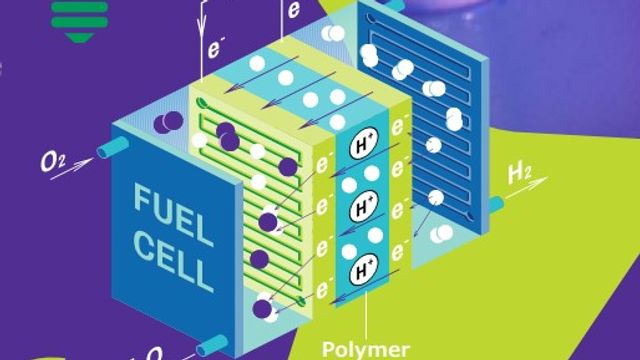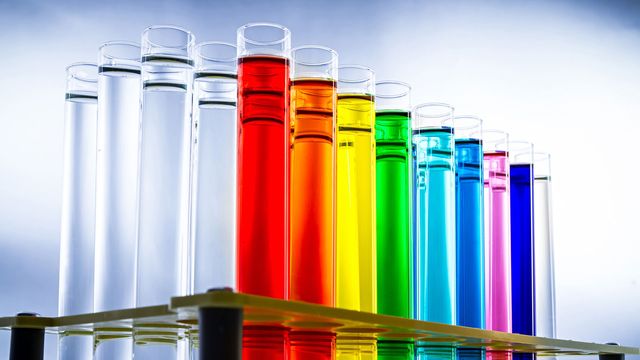Latest eBooks

eBook
Powering Tomorrow: Fuel Cells and Energy Storage
This eBook highlights exciting research technologies that could solve the challenges of energy storage and powering the future sustainably.

eBook
Powering Tomorrow: Fuel Cells and Energy Storage
This eBook highlights exciting research technologies that could solve the challenges of energy storage and powering the future sustainably.

eBook
The Latest in End-to-End Grain Analysis
This eBook outlines the latest in end-to-end grain analysis solutions to ensure high quality food production at every stage of the supply chain.

eBook
Pride in Science
Download this eBook to read interviews from LGBTQIA+ individuals studying and working in science, technology, engineering, mathematics and medicine.

eBook
Multitasking Solutions for Multielemental Analysis
Today’s multielemental analysis labs are expected to tackle quick turnaround times, meet low detection limits and deliver high levels of sample accuracy – all while keeping maintenance and operating costs low.

eBook
Analytical Solutions To Drive the Energy Revolution
This eBook explores innovative analytical solutions for battery testing and recycling, as well as the breadth of requirements for R&D and QA/QC.

eBook
Synthetic Biology
Download this eBook to explore how synthetic biology is being utilized in the development of cell and gene therapies, cancer therapeutics and improved food and agriculture production processes.

eBook
A Complete Guide to LIMS Selection
Download this eBook to discover how a Laboratory Information Management System (LIMS) can help you to efficiently manage your lab.

eBook
Elevate Laboratory Efficiency Through Automated Sample Handling Workflows
Increasing automation in your daily sample handling workflows enables more unattended operations. It means enhanced productivity, higher accuracy and precision, greener solution for reducing sample volume and solvent waste, including less human hazardous exposure.

eBook
PFAS Testing: Overcoming Challenges and Meeting Regulatory Requirements
While the unique chemical properties of PFAS make them useful, the same properties make them difficult to break down, causing a threat to the environment and human health.
Advertisement


